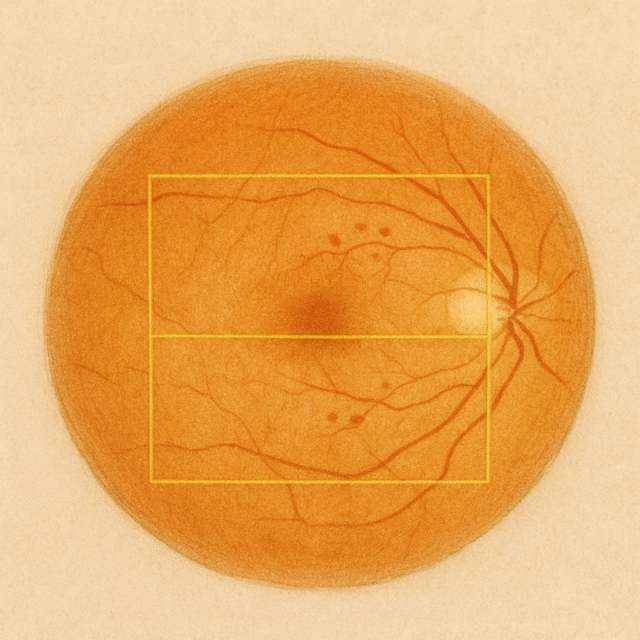Your oral health is part of your overall health — and diabetes connects them both

When most people think about diabetes, they think about blood sugar levels, diet, and medications. But diabetes doesn’t just affect your internal organs — it leaves signs in places we can see, like the eyes and the mouth.
What I’ve Seen in Eye Care
In my work at an ophthalmology office, I’ve often seen how diabetes affects the eyes. Because we can look directly at the blood vessels in the back of the eye (the retina), we sometimes notice swelling, bleeding, or other damage caused by uncontrolled blood sugar. And here’s the important part: if it’s happening in the eyes, it’s usually happening throughout the body.
The good news is that I’ve also seen patients improve. With proper management — like controlling blood sugar, taking medications as prescribed, and following healthy habits — many of those eye changes can stabilize or even reverse.
The Same Story in Oral Health
Just like the eyes, the mouth is another place where diabetes makes its mark:
1. Higher risk of gum disease
Diabetes makes it harder for your body to fight infection. That means gums can become inflamed more easily, leading to gingivitis (early gum disease) or periodontitis (advanced gum disease). And just like eye disease, gum disease can make blood sugar harder to control — creating a cycle where each condition makes the other worse.
2. Slower healing
Whether it’s a small sore, a cut, or recovery after a dental procedure, healing often takes longer when diabetes isn’t well managed.
3. Dry mouth
Diabetes and some of its medications can reduce saliva flow. Saliva protects your teeth and gums, so when it’s lacking, the risk of cavities and oral infections goes up.
4. Oral infections
Higher sugar levels in saliva create the perfect environment for fungal infections like thrush, which can cause white patches or discomfort in the mouth.
What Your Dentist Needs to Know
Because diabetes directly affects oral health, your dental team needs a clear picture of your overall health. At your visits, Dr. Nathan and Dr. Preston may ask about:
- Your most recent A1C result (a measure of blood sugar control over the past 2–3 months).
- Whether you see your endocrinologist or primary care doctor regularly.
- What medications you are taking to manage diabetes.
- When you were first diagnosed with diabetes.
Sharing this information helps your dentist plan safe, effective, and personalized care.
A Whole-Body Approach
Your eyes and mouth are like windows into your overall health. Dentists and eye doctors can often spot early warning signs of diabetes — sometimes before other symptoms appear. And just as better blood sugar control can protect vision, it can also protect your smile.
What You Can Do
The good news is you have the power to protect both your eyes and your mouth:
- Brush twice a day and floss daily.
- Visit your dentist regularly for cleanings and checkups.
- Keep your blood sugar within the range your doctor recommends.
- Drink plenty of water to combat dry mouth.
- Share your health information openly with your dentist.
A Healthy Smile, A Healthy Body
At Atascadero Hills Dental, Dr. Nathan and Dr. Preston know that caring for your teeth and gums is part of caring for your whole body. If you’re living with diabetes, regular dental care can make a big difference — just as regular eye exams do.
